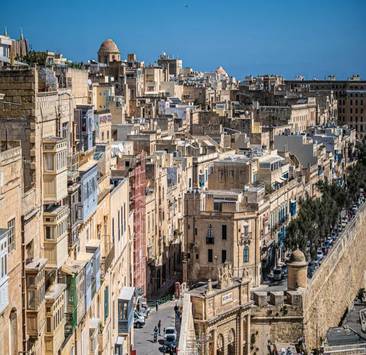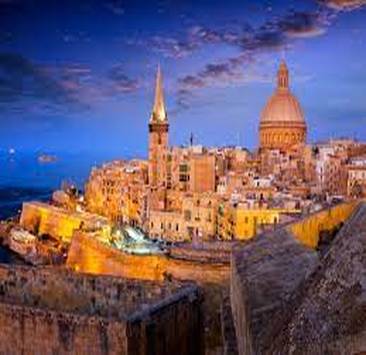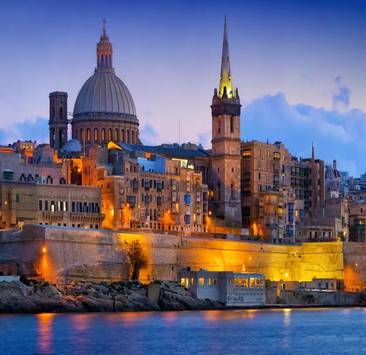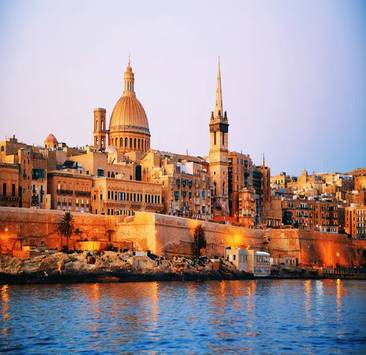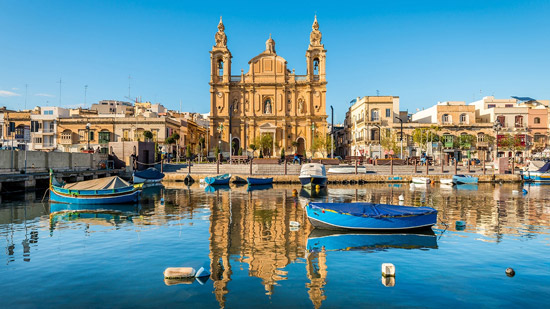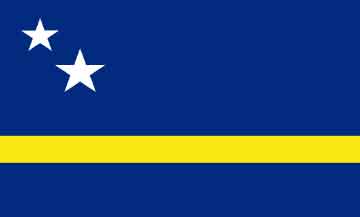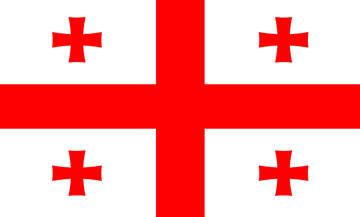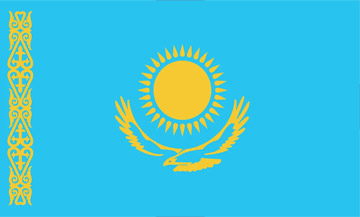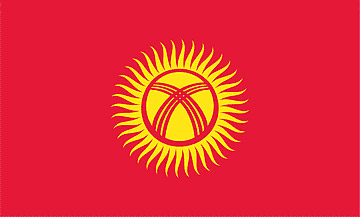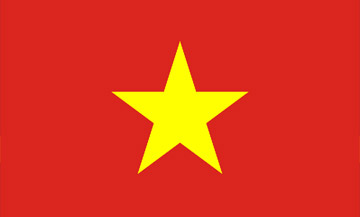Study MBBS in Malta
Malta, officially known as the Republic of Malta, is a small island nation located in the Mediterranean Sea, situated south of Sicily, Italy. It is one of the world’s smallest and most densely populated countries, with a rich history, unique culture, and stunning natural beauty. In this write-up, we will explore some key aspects of Malta, including its history, geography, culture, economy, and tourism. While it used to be part of Spain and Italy many years ago, Malta gained its independence in 1964. Cost of visiting is also moderate compared to other European destinations. In fact, Malta is a relatively cheap destination if compared to countries such as the Nordic countries.
There are ways of spending money on expensive hotels and activities but you can still travel by staying on your low budget in Malta. Malta boasts more than 300 days of sunshine annually and its climate is a major foundation of its fame as one of the best beach destinations in Europe. With the sun seemingly always shining, one of the most obvious answers to what is Malta known for is its tempting shoreline and transparent waters. Malta offers a laid-back lifestyle, a mild climate, and a welcoming expat community. Residents also benefit from excellent healthcare, access to affordable European education, a relatively low cost of living. Malta’s currency is the Euro (€/EUR). The Euro coin series comprises eight different denominations: 1, 2, 5, 10, 20 and 50 cent, €1 and €2.
If you’re thinking of visiting Malta, the good news is that almost all the locals speak English, an official language of the Maltese Islands. Outside of the business world, however, the other official language spoken by natives of this Mediterranean island archipelago. So in a lot of Europe the temperatures fall way below zero every winter and in Malta, it rarely drops below 10 degrees.
Geography
Malta is an archipelago consisting of three main islands: Malta, Gozo, and Comino. It covers a total land area of just 316 square kilometers, making it one of the world's smallest countries. Despite its small size, Malta boasts a diverse landscape, including rocky cliffs, sandy beaches, and fertile valleys.
History
The history of Malta is long and storied, with a rich tapestry of influences from various civilizations. The Phoenicians, Romans, Arabs, Knights of St. John, French, and British have all left their mark on the islands. One of the most significant periods in Malta's history was during the rule of the Knights of St. John, who fortified the islands extensively. Malta played a crucial role during World War II and was awarded the George Cross for its resilience during the conflict. In 1964, Malta gained independence from British colonial rule and became a republic in 1974.
Culture
Malta's culture is a unique blend of Mediterranean, Arabic, Italian, and British influences. The Maltese language, a Semitic language with Latin and Italian influences, is the national language, alongside English. The majority of the population is Roman Catholic, and religious festivals are an integral part of Maltese culture, with colorful processions and celebrations held throughout the year. Maltese cuisine is diverse, with dishes like pastizzi (savory pastries), rabbit stew, and seafood specialties being popular choices.
Economy
Malta has a highly developed economy with a strong focus on services, particularly finance, tourism, and information technology. The country has positioned itself as a global hub for online gaming companies and financial services, thanks to favorable tax incentives and a business-friendly environment. Tourism also plays a significant role in Malta's economy, with millions of visitors attracted to the islands each year by its historical sites, beautiful beaches, and vibrant culture.
Tourism
Malta is a popular tourist destination known for its historical and cultural attractions. The capital city, Valletta, is a UNESCO World Heritage site and is renowned for its well-preserved Baroque architecture. The ancient city of Mdina, also known as the "Silent City," is another must-visit destination. Malta's coastline is dotted with picturesque fishing villages, and the Blue Grotto, a series of caves and crystal-clear waters, is a popular spot for boat trips.
We also can Guarantee admissions in
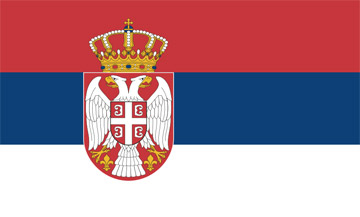
Serbia
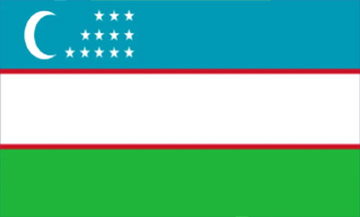
Uzbekistan
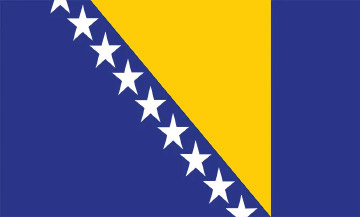
Bosnia & Herzegovina
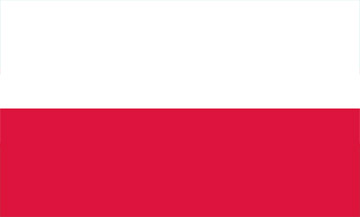
Poland
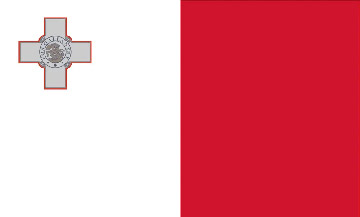
Malta
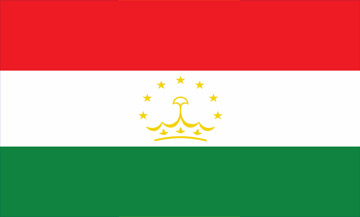
Tajikistan
Gallery
